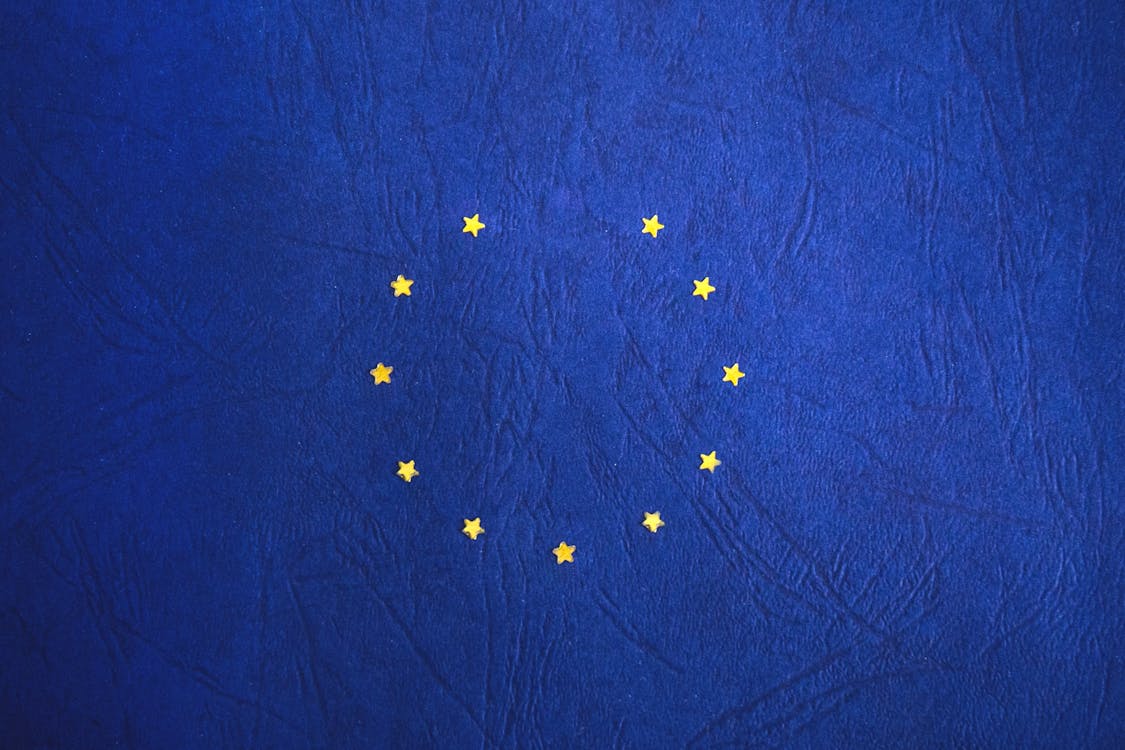Why should you start your business in Europe?
Europe is one of the most central business hubs in the world.In 2014, the European Union contributed to 23.8% of the world’s GDP and is a major trading power.
From an economic standpoint, it makes a lot of sense to start a business in Europe or expand an existing business into the region, to get a share of this profitable European market.

Businesses in Europe benefit from established legal frameworks, advanced financial systems and developed infrastructure. Moreover, many countries, especially in Northern Europe, have relatively higher income compared to other regions. Consequently, people generally have more disposable income and thus are more willing to spend for your products and services.
In addition, as 28 countries have entered the European Union, business in one European country also enjoys various benefits from other EU member states. In the Doing Business Report 2016 by World Bank, there are 13 European countries amongst the top 20 easiest countries to do business.
Choosing the best location in Europe for your business
The most decisive factor in determining the location for your business is understand where your potential customers and suppliers are. If a majority of your customers and suppliers are located in Spain, it would be most logical to incorporate a company in Spain.Finding the right corporate structure
Similar to any other countries in the world, the most common way to start a business in any country in Europe is to form a private limited company (Limited Liability Company a.k.a LLC), also known as a SARL in French speaking countries or GmbH in German speaking countries.Although shares are not freely transferred in an LLC, shareholders are sheltered and only liable for the amount of capital they contributed in the company. Compared to a public company, an LLC is faster and cheaper to set up, and also has less compliance requirements.
If you already have an existing business and wish to expand into other European countries, you can set up a subsidiary company (branch of a foreign company). Provided that you are a EU citizen and the parent company is in a EU country, you are free to set up a branch in any EU-member state.
Comments
Post a Comment